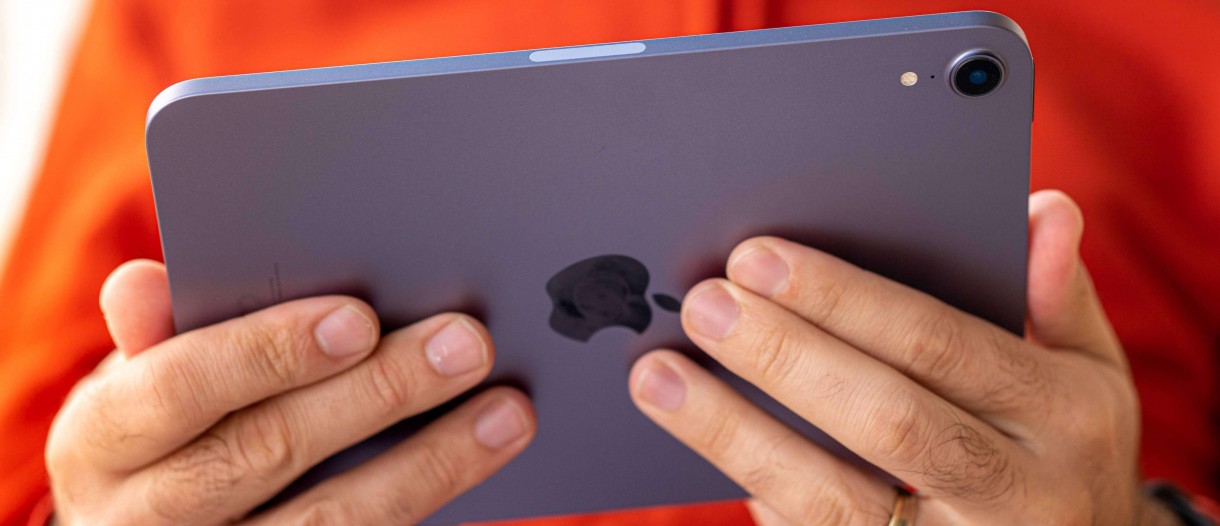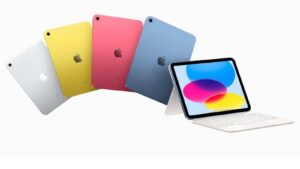
Several tech giants including Samsung, Huawei, Oppo have already debuted in the foldable smartphone segment and now a new report has claimed that Apple may launch its first foldable iPad rather than iPhone in 2024. According to analysts Ben Wood, chief of research at CCS Insight Apple is planning to use a foldable iPad in 2024 as a practice run for foldable technology before iPhone. Also Read – Apple TV 4K launched with A15 Bionic chipset offering HDR10+ and Dolby Vision support
“Right now, it doesn’t make sense for Apple to make a foldable iPhone. We think they will shun that trend and probably dip a toe in the water with a foldable iPad,” Wood told CNBC in an interview. “A folding iPhone will be super high risk for Apple. Firstly, it would have to be incredibly expensive in order to not cannibalize the existing iPhones,” Wood added
As per reports on the Internet, Apple is working with LG to create an ultra-thin cover glass that could be used on the company’s foldable products. In addition, Apple will continue investing in its own chip design. Currently, Apple designs its own custom chips for iPhone and iPad. However, it relies on chipmaker Qualcomm for modems that allow those devices to support 5G connectivity
Recently, Display Supply Chain Consultants (DSCC) analyst Ross Young claimed that Apple’s foldable iPhone might not launch before 2025. Apple is currently in talks with suppliers about a 20-inch foldable display. It makes sense if the company is planning to work on foldable MacBooks. Expected to be used in folded and full opened forms, these MacBook models are likely to launch in 2026 or 2027.
Going by an old report, it is suggested that it could span 8-inch and come with a WQD+ flexible OLED display with Samsung Display providing the main screen components for it. The DDI display controller will be from Samsung Foundry.
It is further suggested that the Cupertino tech major could use a silver nanowire touch solution for the foldable iPhone’s screen so as to have an edge over Samsung‘s Y-Octa display and will prove helpful for future foldable devices that can have multiple folds, “rollable, medium to large size display, and durability.” The nanowire tech is currently being used for the HomePod.

